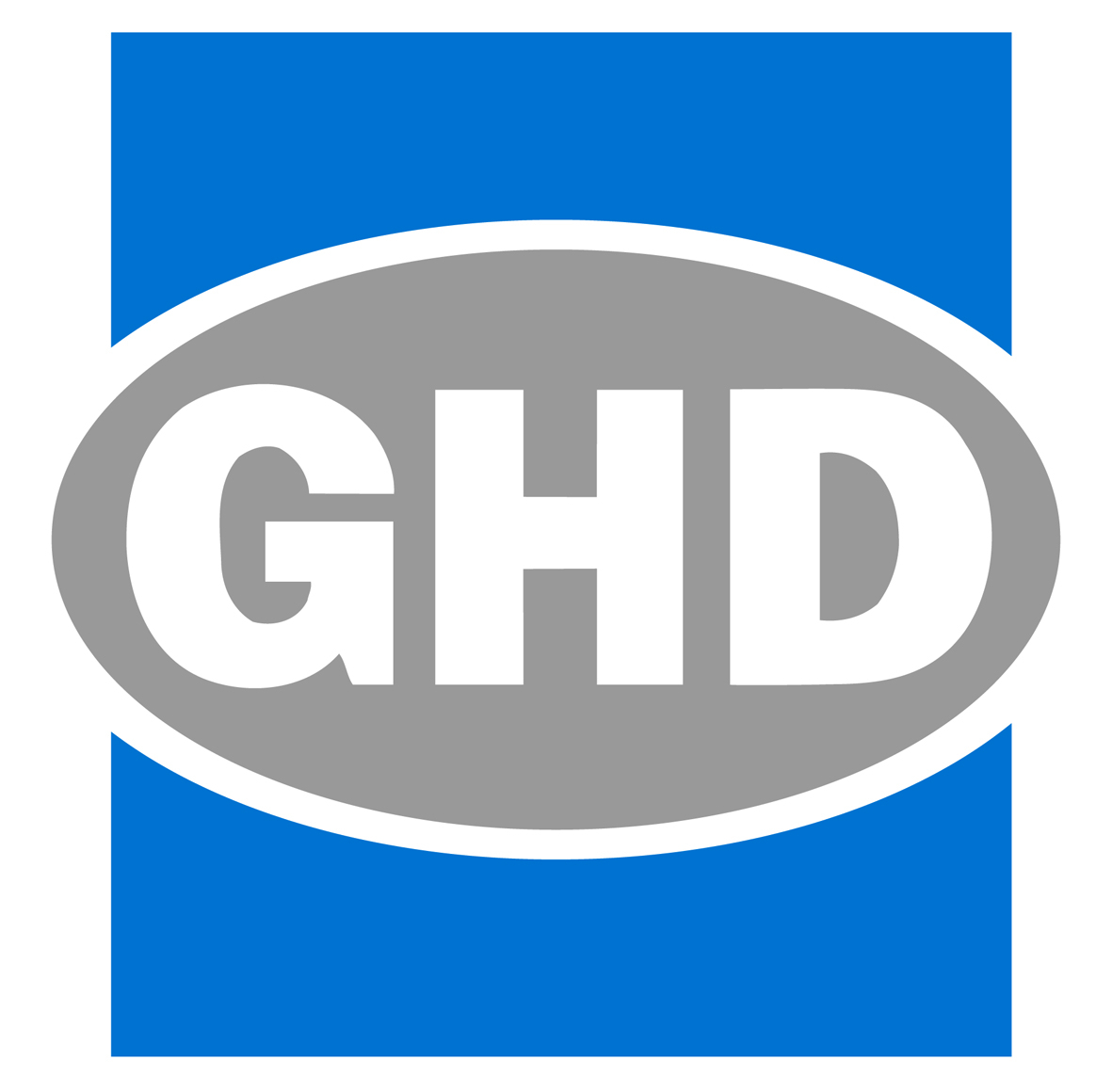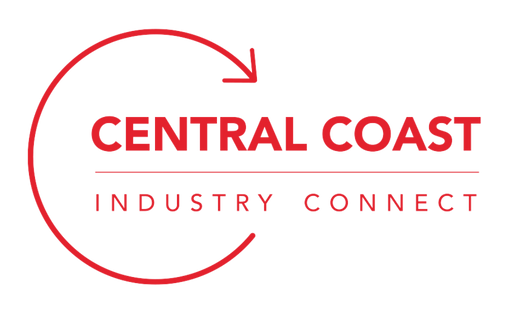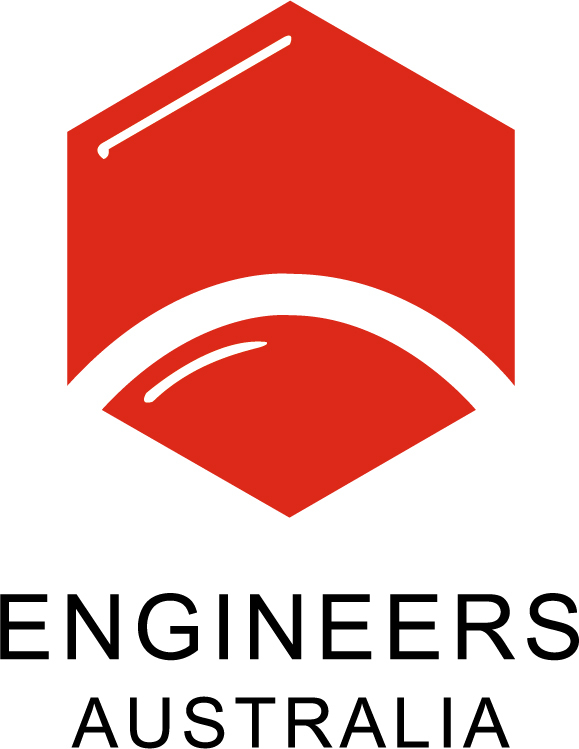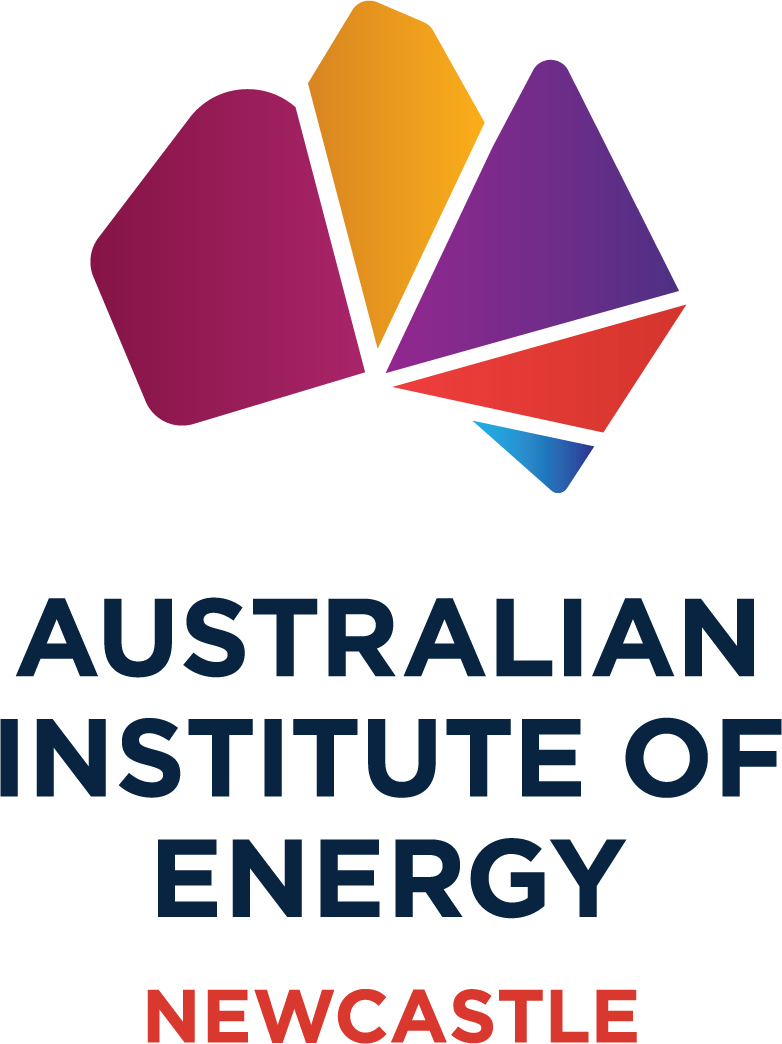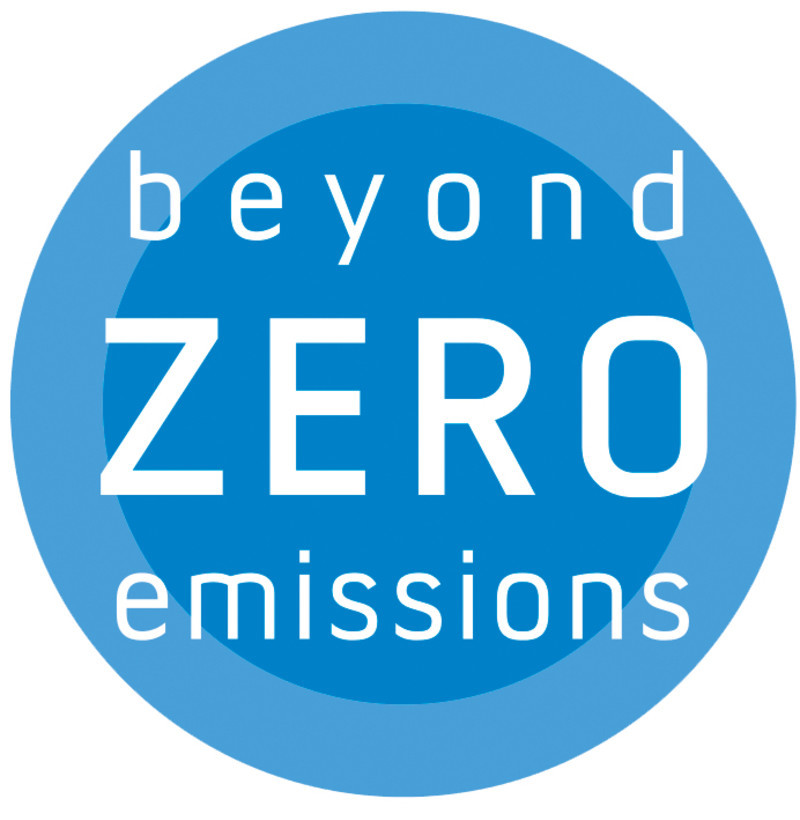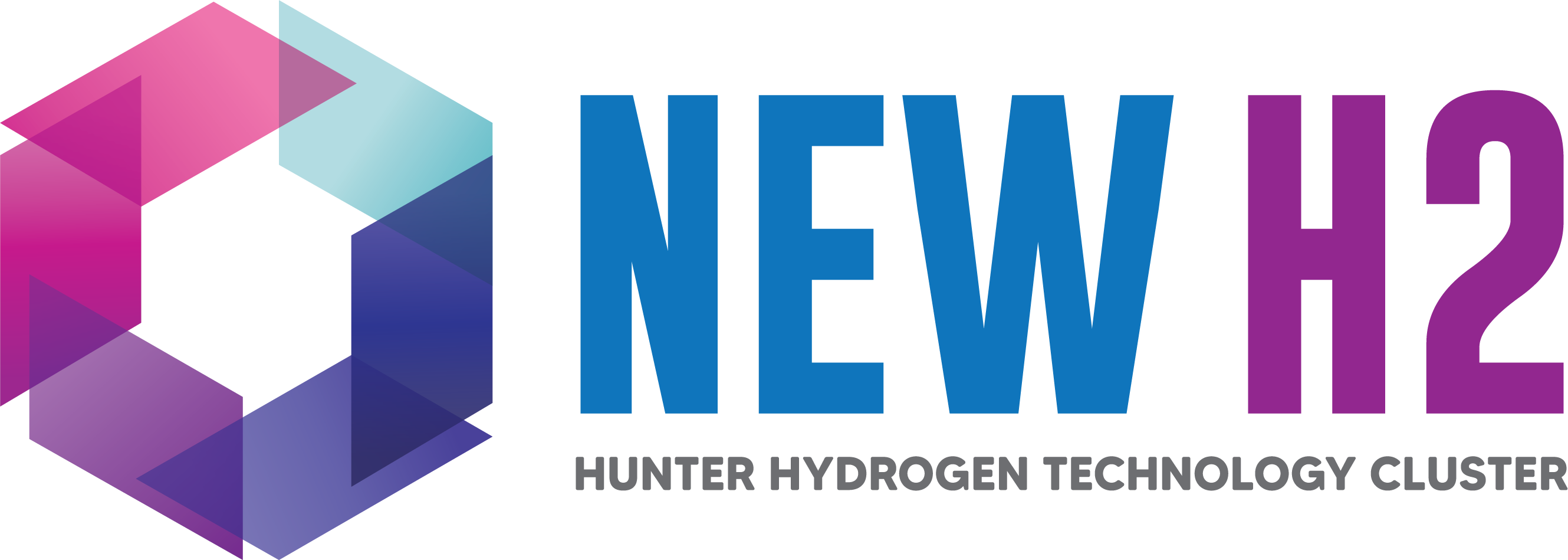Renewable energy remains cheapest: GenCost 2024-25 draft open for feedback
The CSIRO and AEMO invite input on the latest cost estimates for Australia's future electricity needs.

Public consultation is soon to begin for the draft GenCost 2024-25 Report, a detailed assessment of electricity generation and storage costs in Australia. The report, produced by CSIRO and the Australian Energy Market Operator (AEMO), informs infrastructure planning by estimating future costs for electricity generation, storage, and hydrogen technologies through to 2050.
The draft report reveals that renewable energy technologies continue to offer the lowest cost for new electricity generation, maintaining this position for seven consecutive years. Inflationary pressures on technology costs have begun to stabilise, although impacts vary by technology.
- Large-scale solar PV: Capital costs decreased by 8% for the second year in a row.
- Battery storage: Experienced the largest drop, with costs falling 20% in one year.
- Onshore wind: Costs increased by 2%, a slower rise compared to the previous year's 8% increase.
- Gas turbines: Costs increased by 11% due to requirements for hydrogen readiness, now standard in the industry.
The report also provides updates on nuclear power, including a reassessment of its operational life, capacity factors, and development timeframes. CSIRO’s analysis found no unique cost advantage for nuclear over other technologies, even when accounting for its longer operational life.
Nuclear power projects face long lead times, with global construction times increasing from six to over eight years in recent years. In Australia, a new nuclear facility could require up to 17 years for planning, regulation, and construction.
CSIRO Chief Energy Economist Paul Graham noted, “Similar cost savings can be achieved with shorter-lived technologies, including renewables, even when accounting for the need to build them twice.”
GenCost provides updated capital cost data for new-build energy technologies to support businesses and policymakers. It is a key input into AEMO’s Integrated Systems Plan (ISP), which outlines the most cost-effective investments for maintaining reliable and affordable electricity while meeting emissions reduction targets.
Dr Dietmar Tourbier, CSIRO’s Director of Energy, explained the importance of the process, saying, “GenCost’s annual update delivers data-based forecasts that support informed decision-making across the energy sector.”
Feedback on the draft will be accepted from December 11 2024 until 11 February 2025, with the final report due in the second quarter of 2025. AEMO encourages all stakeholders to review the report and submit their feedback.





